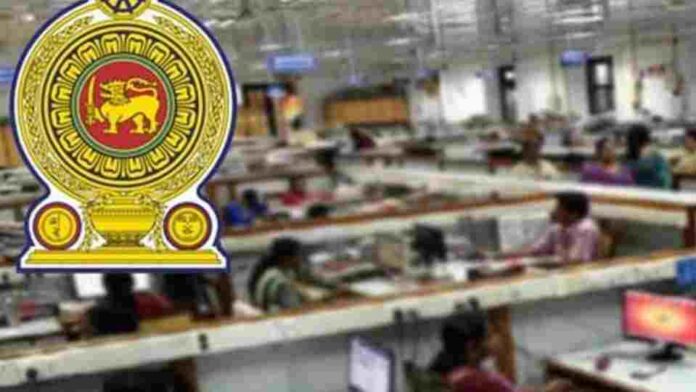Public servants who are expecting foreign employment under no-pay leave will have to meet a number of conditions imposed by the government. These conditions have been declared under a special circular issued by the Finance Ministry.
These public servants should submit themselves to a mandatory condition of remitting a fixed amount of dollars on a monthly basis. The remittance rates are below;
- A primary level public servant – US$ 100 per month
- A secondary level public servant – US$ 200 per month
- A tertiary level public servant – US$ 300 per month
- A senior level public servant – US$ 500 per month
These monies should be remitted to a non-resident foreign currency account in their name through the national banking system.
The move is part of the programme implemented with the aim of emitting more forex remittances and making a high contribution to the country’s economy via optimal utilisation of human resources, and public servants expecting foreign employment will also have the opportunity to take leave without pay for a maximum period of five years.
In any event does a public servant apply for leave for foreign employment, the head of his or her institution will grant permission only if there is a method of employing another employee to cover their shift.
If the public servant who is expecting to leave the country has obtained loans from banks or other financial institutions, they should reach a legal agreement regarding the payment instalment method related to the loans during the period of five years abroad.
MIAP
